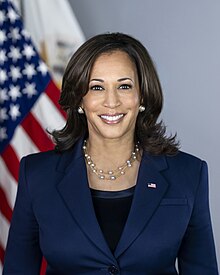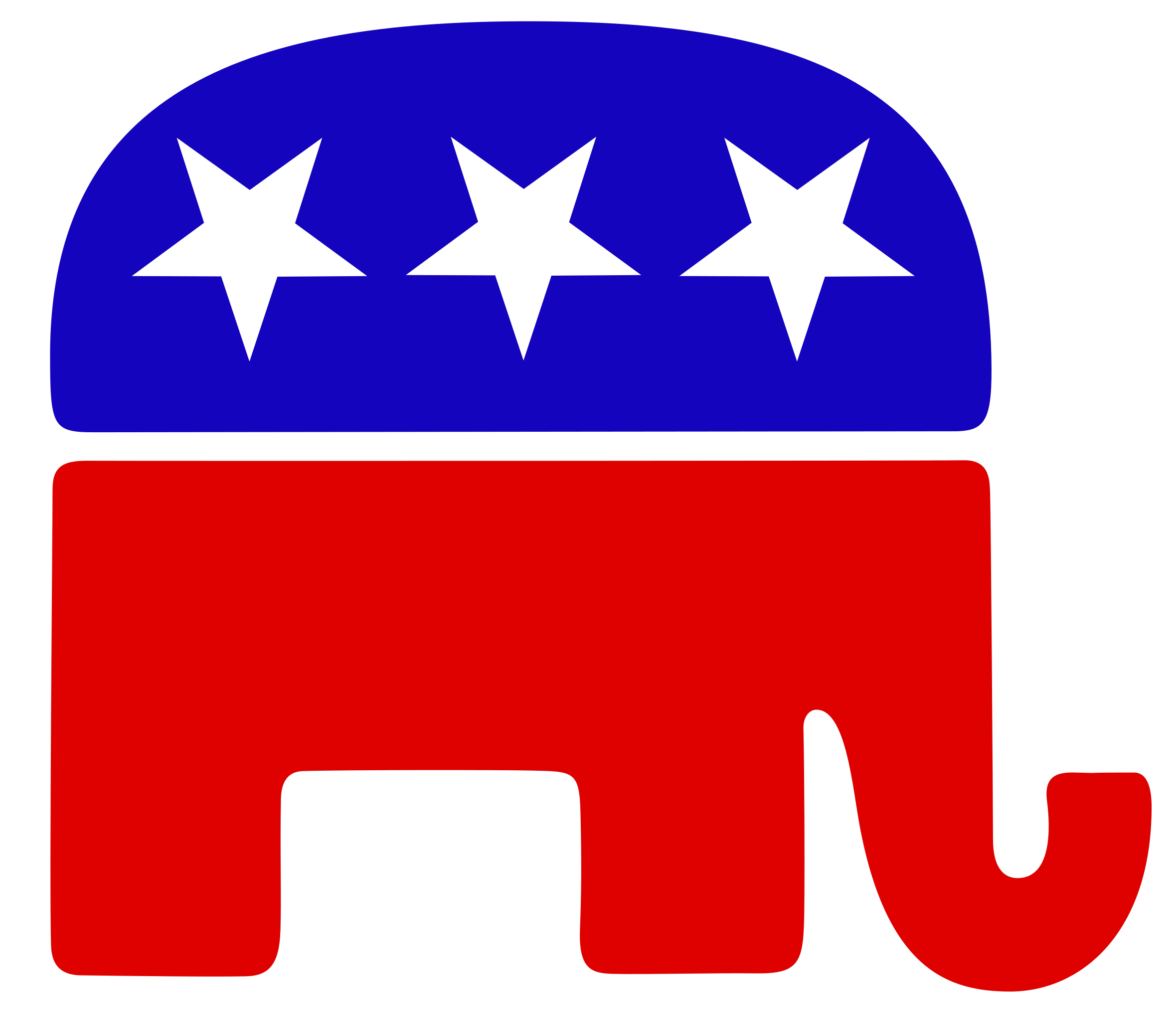Subscribe to Robert's newsletter at Musings & Amusings of a B-List Writer.
By Robert McElvaine
Viewing the so-far flawless production of the Kamala Harris takeover of the Democratic Party, which began only a month ago, reminded me of an essay I wrote for the New York Times four decades ago.
It has been stunning how effectively the Democrats have taken back the principles and symbols of America – patriotism, the flag, family, the Declaration of Independence, the rule of law, democracy, and, most of all, FREEDOM – that had been stolen and corrupted by the right-wing extremists who have made the erstwhile Party of Lincoln their wholly-owned subsidiary.
Forty years ago, I wrote an essay for the New York Times about how the Democrats needed to take back the symbols of America that the Republicans had seized. We didn’t succeed then, but that’s just what is happening now.
https://open.substack.com/pub/robertsmcelvaine/p/liberals-go-back-to-the-flag-40-years
I found many of the points I made so long ago to be strikingly familiar with where we are today. See if you agree:
One of the significant political developments of 1984 is the Democratic attempt to take back the traditional American symbols – flag, law, religion, family – that many Democrats abandoned to the Republicans in the 1960's and 1970's.
At that time, conservatives had been so successful in attaching their own interpretations to each of the symbols that progressives turned against them. If the flag stood for Mylai, if law meant the actions of the Chicago police at the 1968 Democratic National Convention, if religion meant segregated private schools and Jerry Falwell, and if family meant Archie Bunker, liberals saw no point in clinging to such symbols.
It had not always been so. Liberals had previously taken pride in the traditional American symbols. The flag had stood for the world's boldest experiment in democracy. Law had been something that protected people from injustice, not a code word for repression.
Religion had signified the fundamental Judeo-Christian values upon which America was based: human dignity, toleration, and compassion, not a narrow sectarianism that attempts to force the beliefs of one group upon others. And family had been an inclusive concept, not an excuse for turning inward and excluding others from society's benefits. Now liberals have begun the quest to reclaim these symbols – and in the process regain majority understanding of the liberal meaning of these symbols. Jimmy Carter started this movement with his attempt to make the flag once more a symbol of hope and human rights, not merely the corporate logo of banks and businesses. The major offensive in the struggle though was left for the Democrats of 1984. They are faced with a President wrapped tightly in the flag, with a crucifix (nondenominational, of course) dangling from his neck, holding a law-and-order six-gun in his hand, preaching about the values of family and the rights of the unborn.
If the Democrats are to defeat Mr. Reagan, they must take his symbols away from him, for without them he would indeed be an emperor without clothing. The Mondale campaign is doing its best. It is making effective use of the flag; Geraldine A. Ferraro has emphasized her background as a prosecutor and has helped to neutralize Mr. Reagan's attempts to convince the American people that St. Peter was a registered Republican. The key battleground, though is over the concept of ''family.'' It is strange that Mr. Reagan has managed to seize this particular symbol. He is, of course, an actor, and his goal seems to be to persuade his audience that he is a President cut from the mold of the sitcom fathers of the 1950's.
But try as he might, the President is no Fred MacMurray. In fact, Mr. Reagan's message is exactly the opposite of the one that underlay the 1950's television families. They always taught responsibility; the President's ''family'' sermon is one of essential irresponsibility. Did Ozzie Nelson ever encourage David and Ricky to live extravagantly on borrowed money in the hope that their income would increase to pay off their debts in the future? Did Hugh Beaumont ever tell the Beaver to blame someone else when he broke a window? Yet Mr. Reagan constantly tries to shift responsibility for his actions to his predecessors and opponents. Families teach responsibility. Such was the moral of countless family crises presided over by Robert Young, Danny Thomas and Robert Reed. Mr. Reagan has reversed all this. His skill is in telling people that they are not their brothers' keepers. Just as he is not responsible for anything that goes wrong, he conveys to the people that they are not either. There is no need to be responsible for the poor or for future generations and the debt we are giving them. There is no need to sacrifice. The budget will be balanced, but our taxes will be cut. We will have a stronger military, but we will not be drafted or asked to pay for it. Reagan is promising the American upper and middle classes what conservatives have always insisted cannot be: a free lunch.
Against this odd notion of ''family,'' the Democrats are trying to revive a concept of family based upon cooperation and responsibility. Mario Cuomo has said it best: the first principle of government ought to be ''family, mutuality, the sharing of benefits and burdens fairly for the good of all.''
If Walter F. Mondale and the Democrats emphasize these themes of family, responsibility, and reality, they will have a chance to win back not only the American symbols but also the American Government. They will be asking the voters to make a choice between the conflicting meanings attached to their national symbols. An election contested on these issues will take the nation beyond images and help us determine what America in the late 20th century really wants to stand for.
Of course, the Mondale-Ferraro campaign failed miserably in its attempt to seize the American symbols in 1984. The time was not right, and the campaign was something far short of effective. (They chose to have their first joint rally in Jackson, Mississippi, for God’s sake!)
In 2024, the time appears to be right for what I suggested forty years ago, and the Harris campaign is utilizing that approach to perfection.
Particularly striking is the way Mondale’s fellow Minnesotan, Tim Walz, has become the good Dad of the fifties sitcom without the sexism.
And it helps that Donald Trump is totally lacking in the patriotism and acting skills of Ronald Reagan.
“Let the future begin.”














